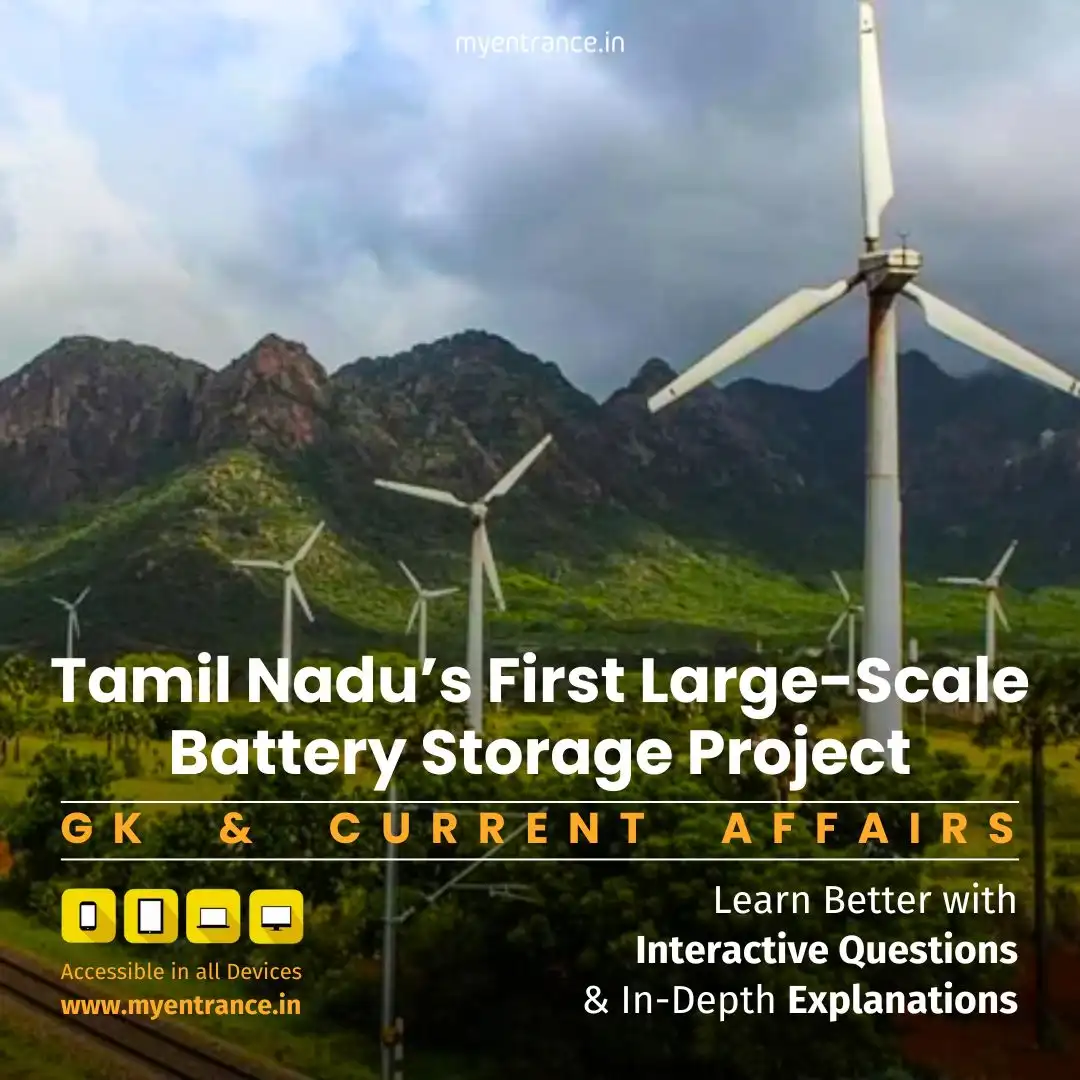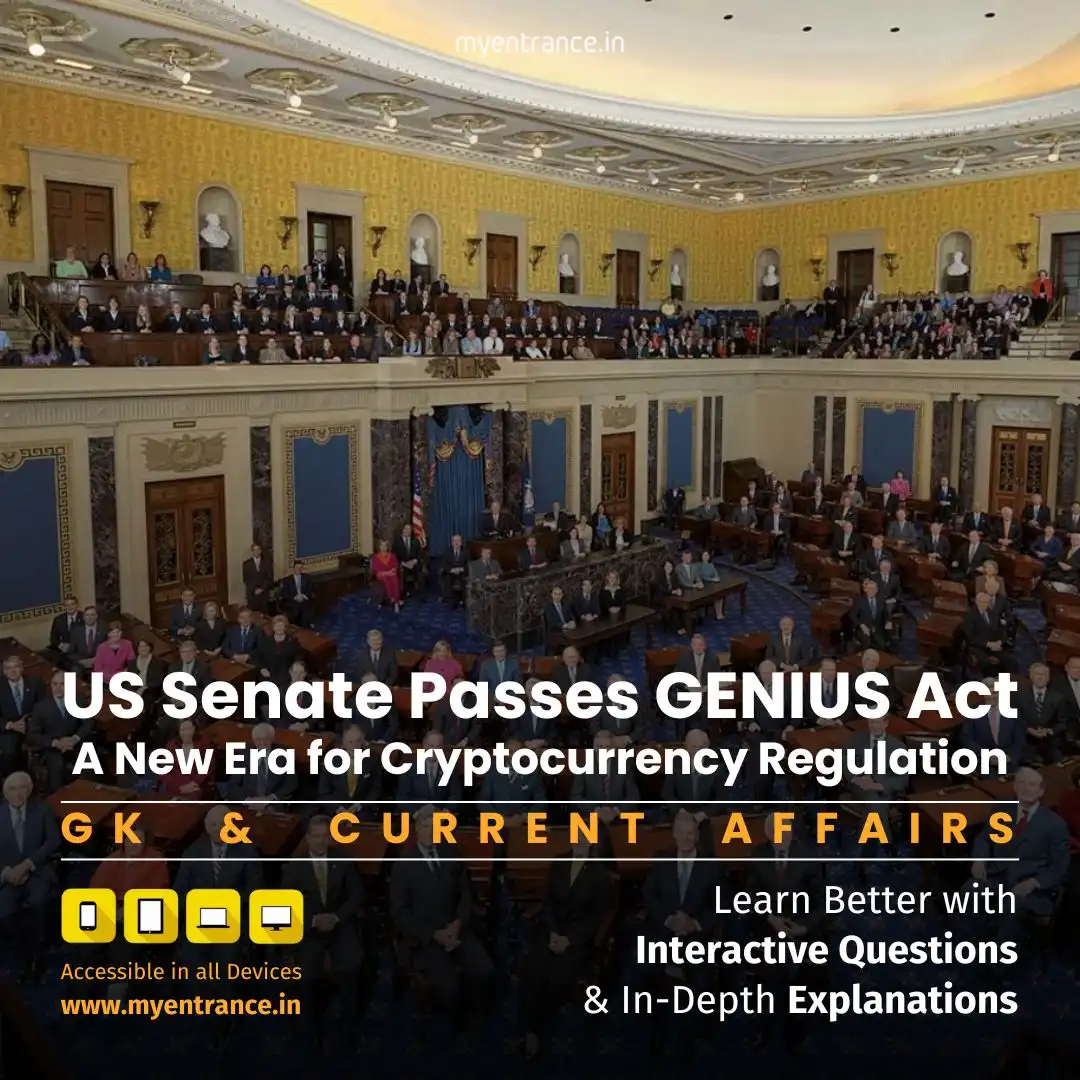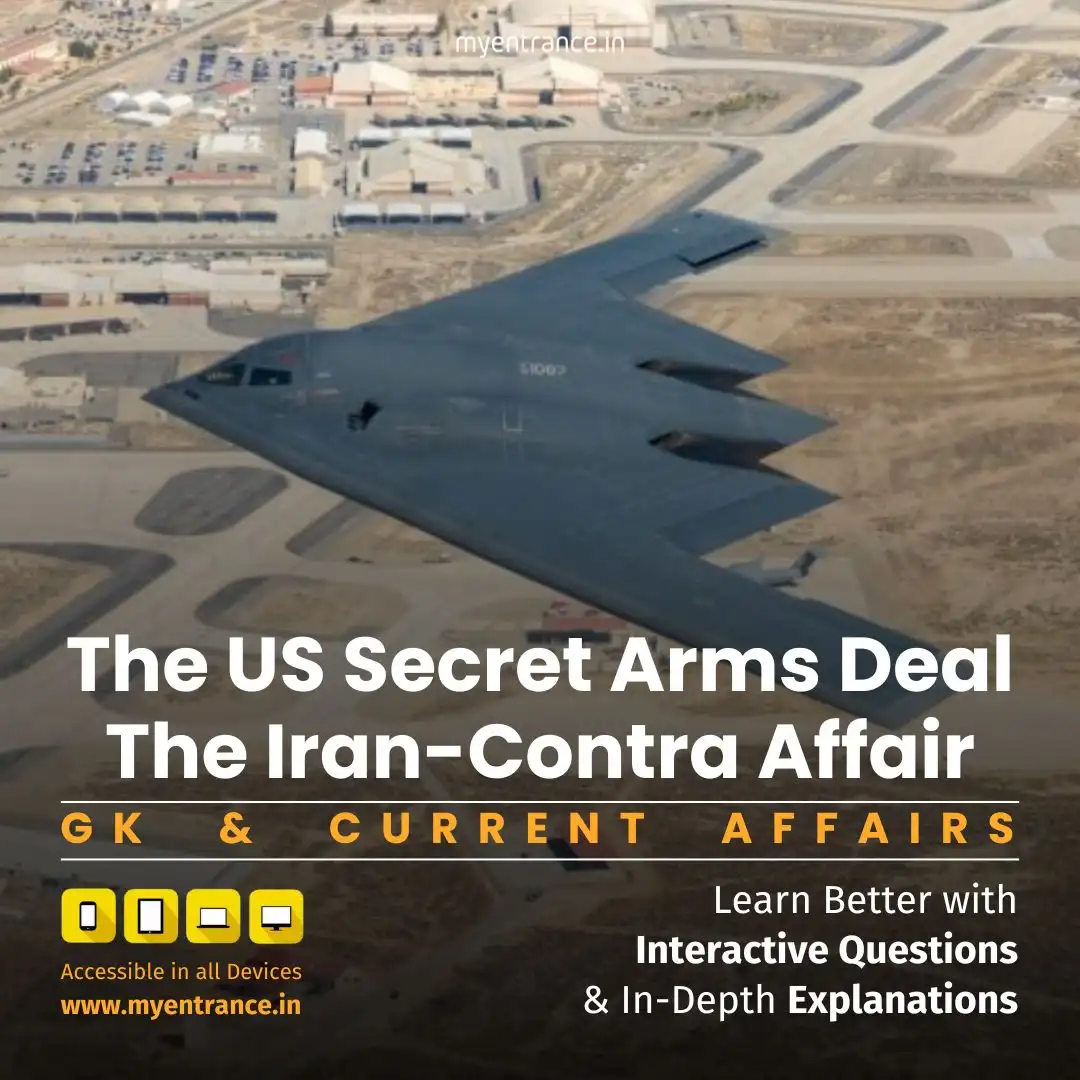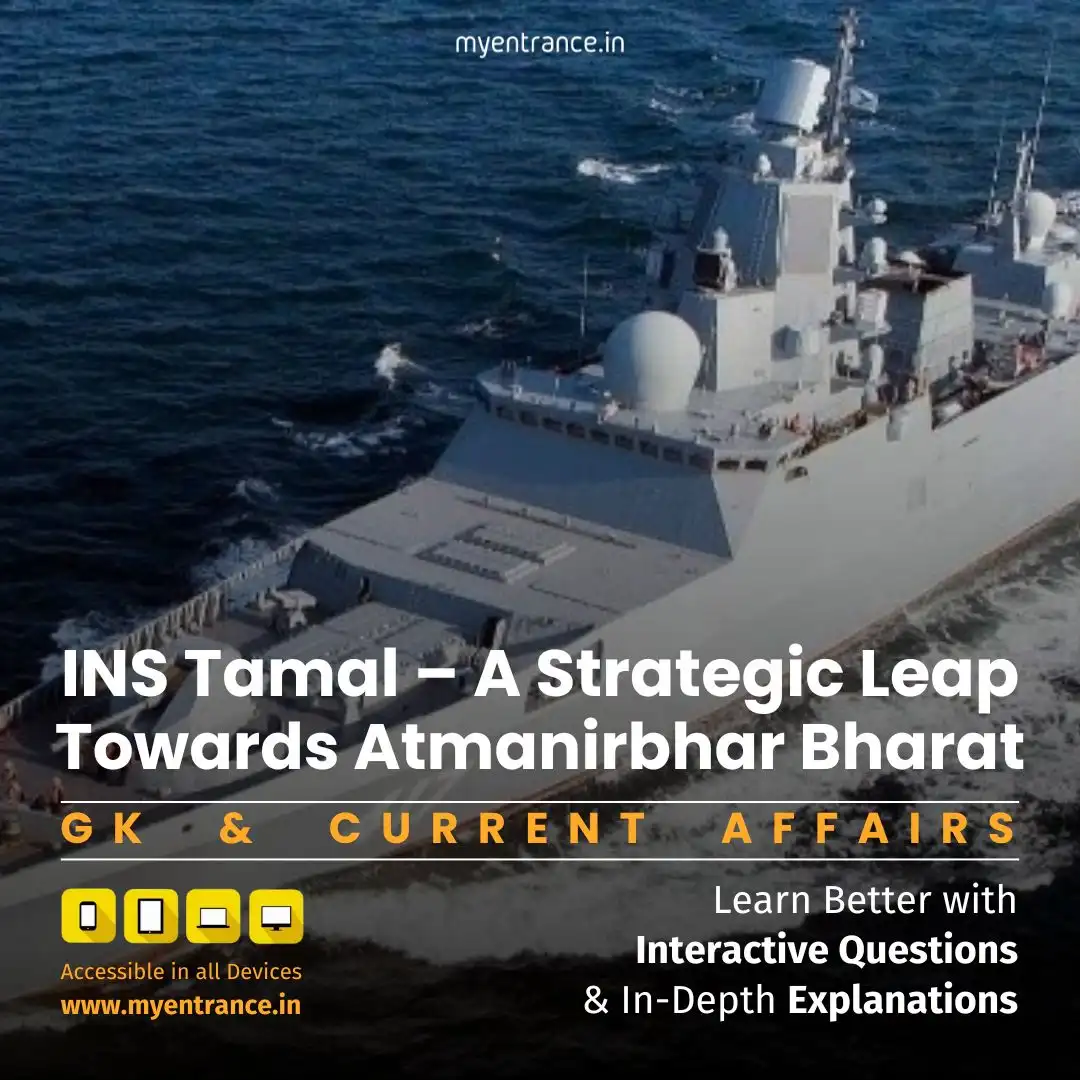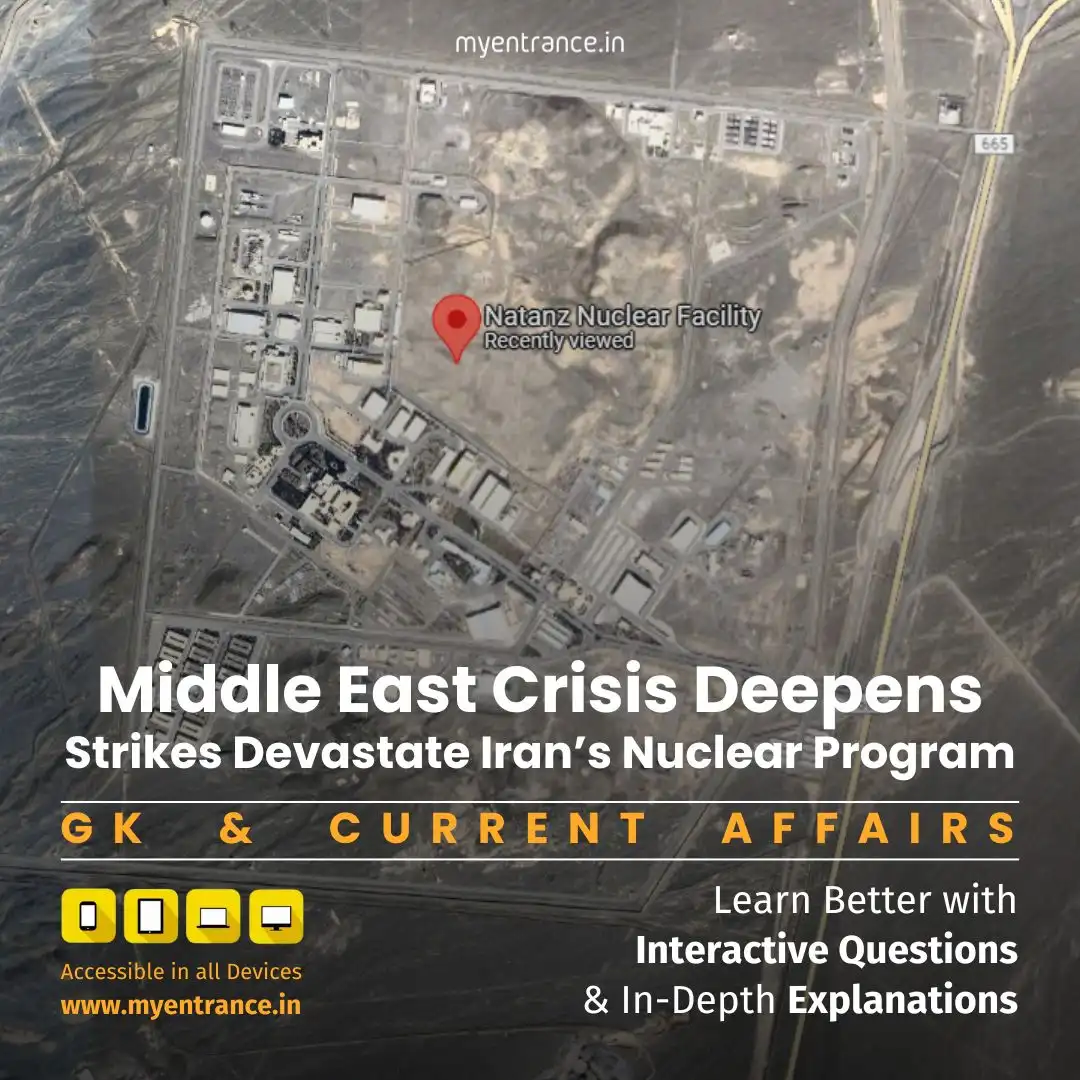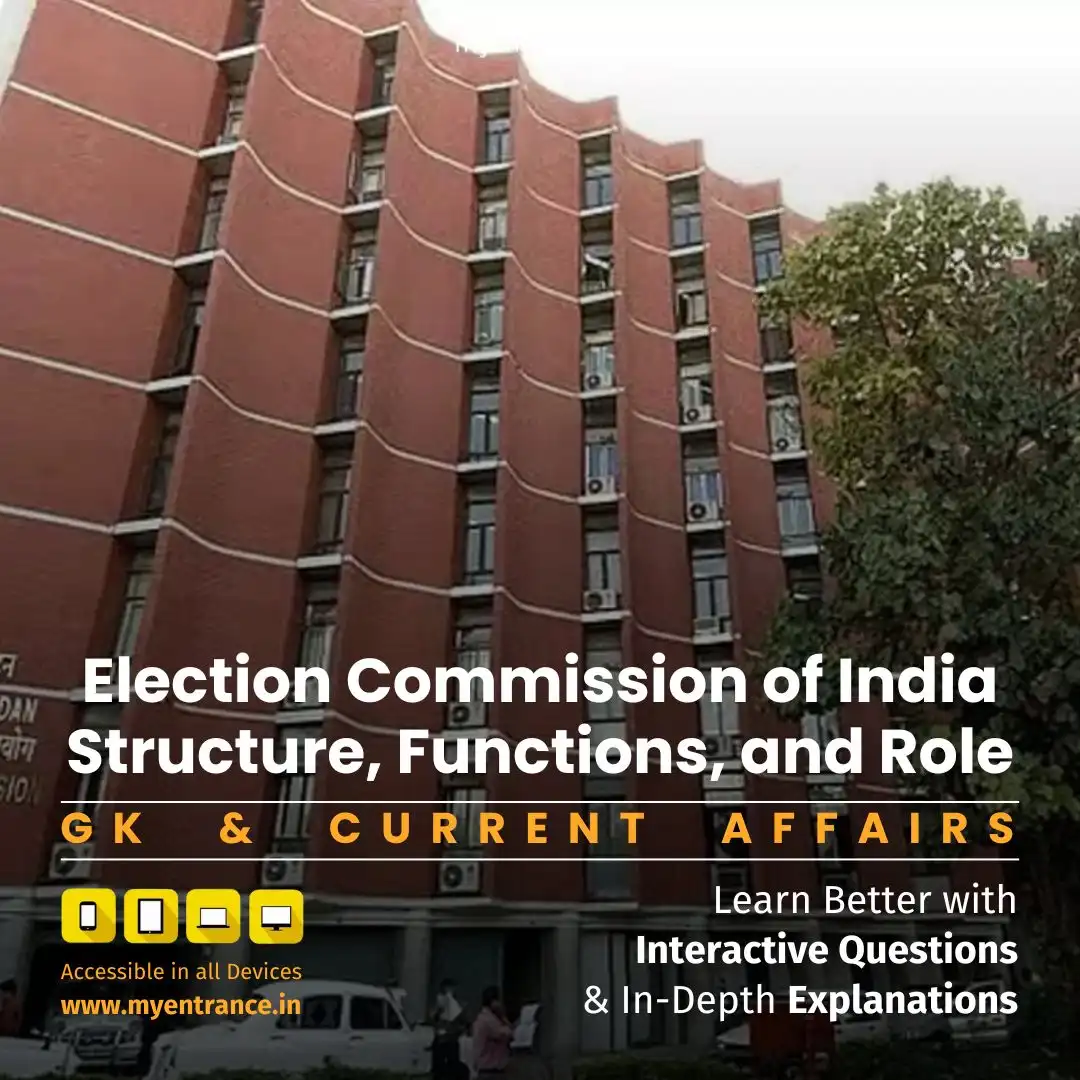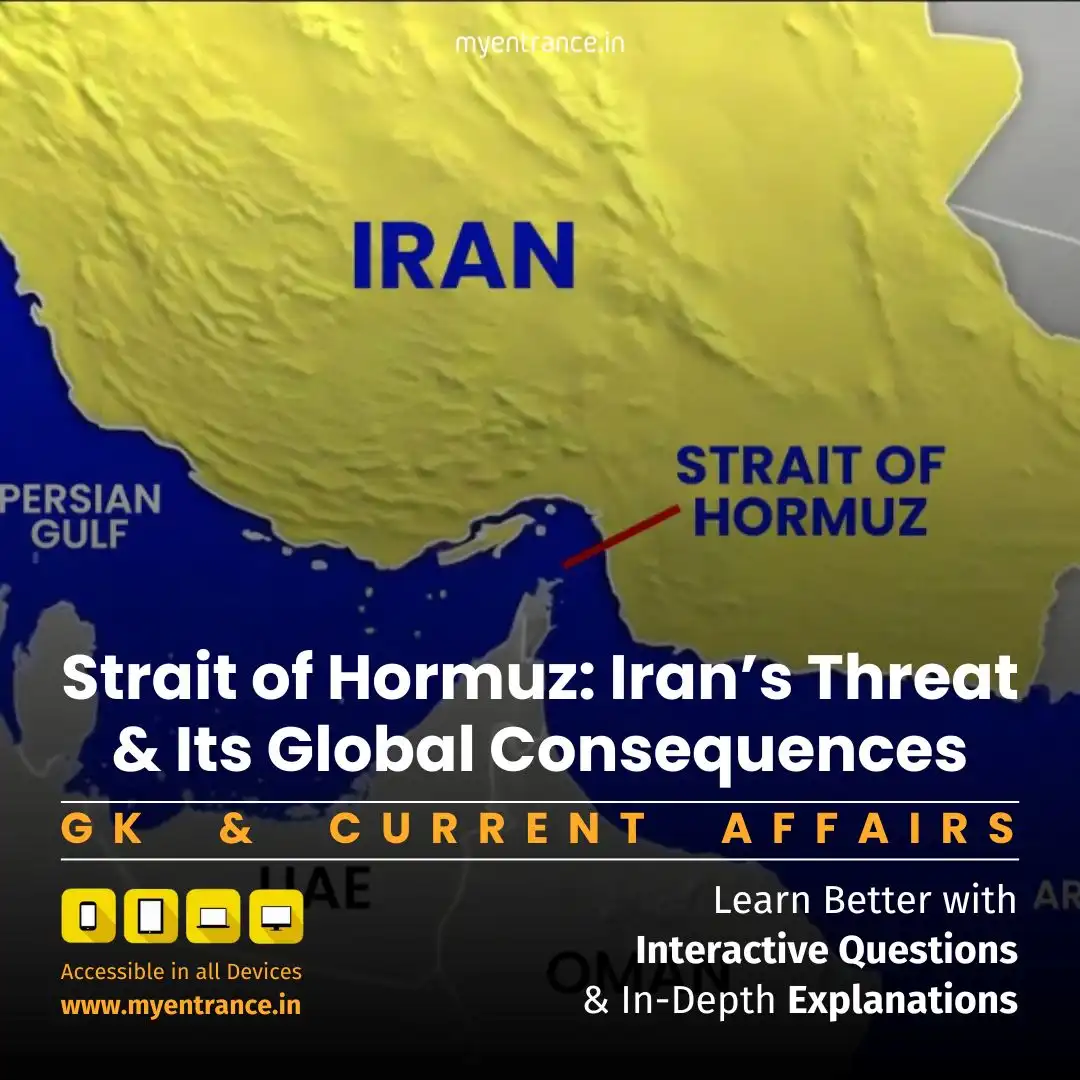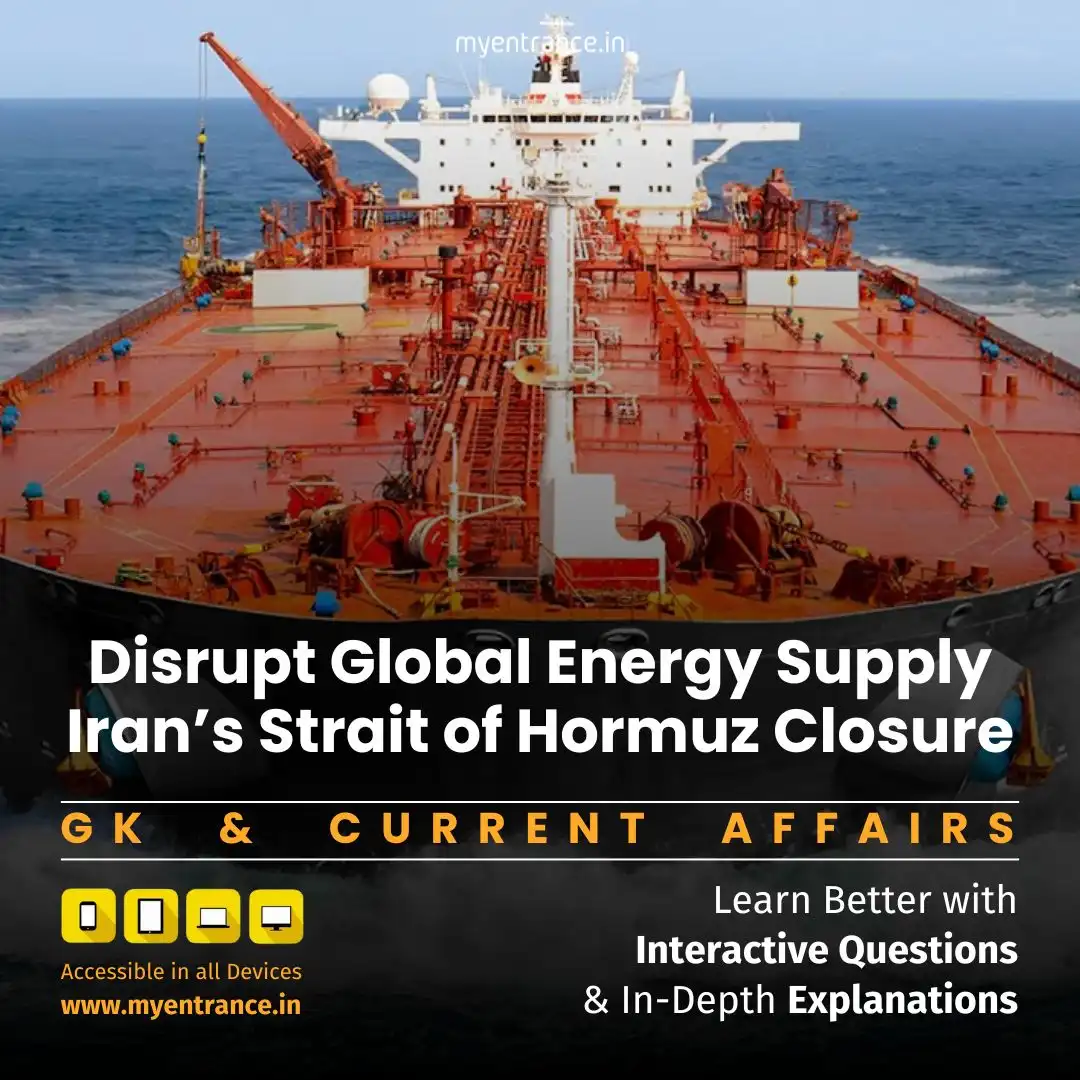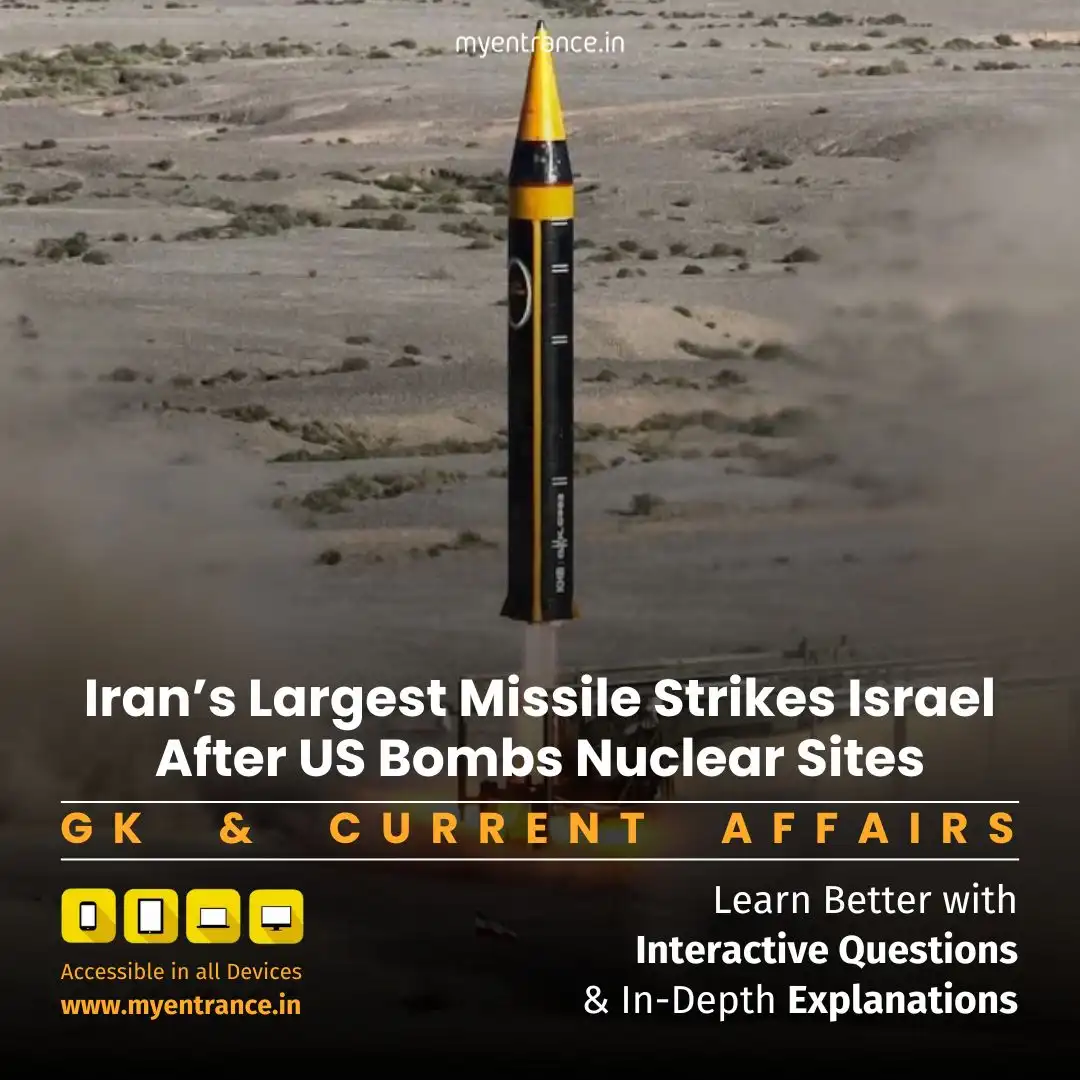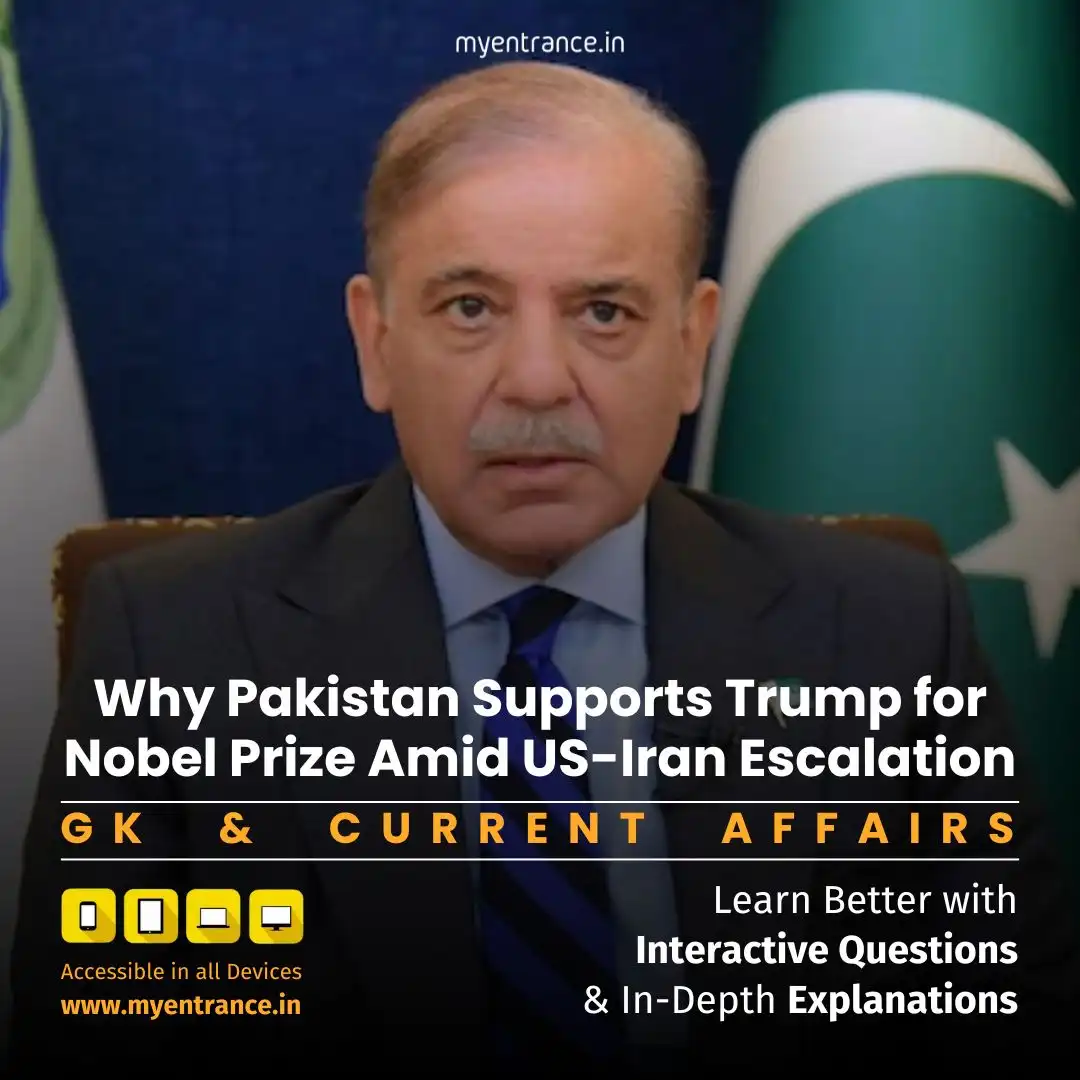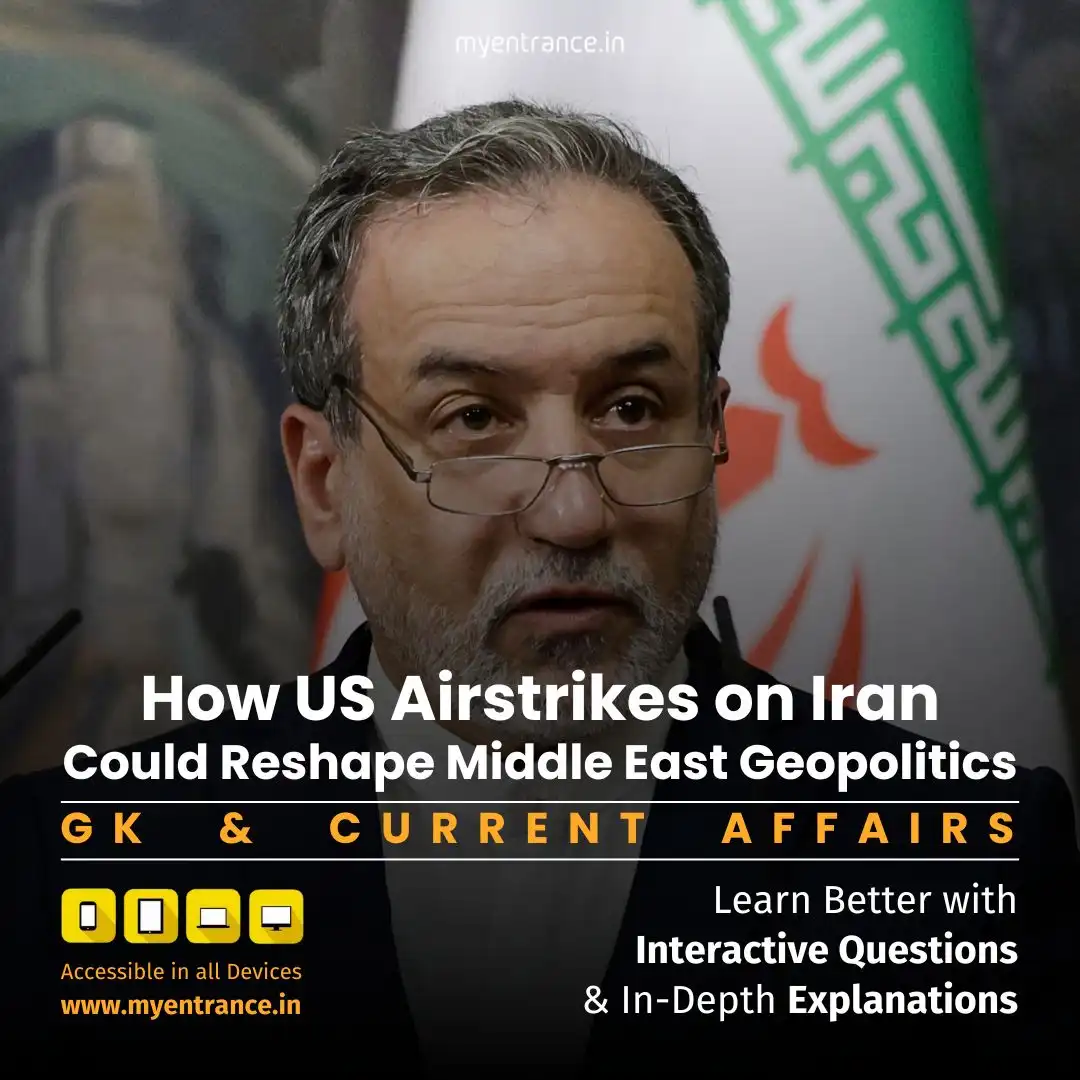Select Language
Escalating Iran-Israel Conflict: Latest Updates and International Responses: PM Modi Urges Peace in West Asia
The escalating conflict in West Asia has drawn urgent diplomatic responses from global leaders. Prime Minister Narendra Modi recently spoke with Iran’s President, advocating for dialogue and peace amid rising tensions.
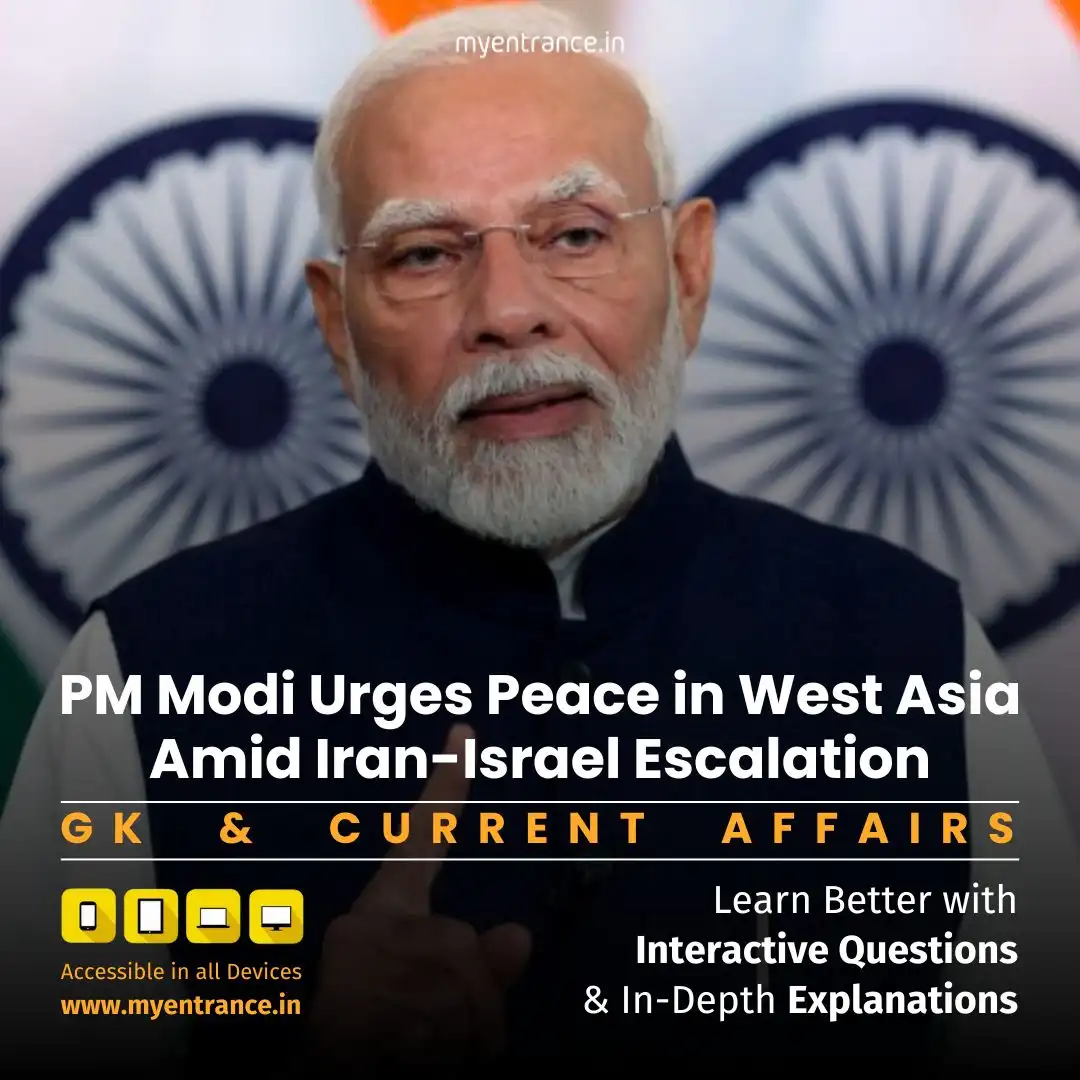
Global Reactions to US Airstrikes on Iran
The recent US military strikes on Iranian nuclear sites have triggered mixed reactions worldwide. As tensions between Iran and Israel escalate, international leaders are urging restraint while assessing the security implications.
PM Modi Calls for Peace and Diplomacy
Prime Minister Narendra Modi held a crucial conversation with Iranian President Masoud Pezeshkian, emphasizing the need for:
Immediate de-escalation to prevent further conflict.
Diplomatic dialogue as the best path forward.
Restoration of regional stability for long-term peace.
In a post on X, PM Modi expressed deep concern over the rising hostilities, reinforcing India’s stance on peaceful conflict resolution.
UK Supports US Strikes, Iran’s Nuclear Threat
UK Prime Minister Keir Starmer backed the US airstrikes, stating:
Iran’s nuclear ambitions pose a grave threat to global security.
Preventing Iran from acquiring nuclear weapons is critical for stability.
Diplomatic solutions must be prioritized to avoid further escalation.
The UK’s stance aligns with the US, which conducted “precision strikes” on Iran’s nuclear infrastructure, including the Fordow enrichment site.
IAEA Monitors Radiation Levels, Calls Emergency Meeting
The International Atomic Energy Agency (IAEA) confirmed:
No radiation leaks detected after the strikes.
An emergency meeting will assess the situation.
Continuous monitoring of Iran’s nuclear facilities.
IAEA Director-General Rafael Grossi emphasized the need for transparency to prevent further risks.
Iran Condemns Strikes, Accuses IAEA of Complicity
Iran’s Atomic Energy Organization (AEOI) strongly criticized the attacks, claiming:
The strikes violated international law, including the Non-Proliferation Treaty (NPT).
The IAEA’s inaction indirectly supported the aggression.
Meanwhile, Israel continues its military operations against Iranian targets, escalating the conflict further.
Iraq Warns of Regional Instability
Iraq’s government condemned the US airstrikes, stating:
Military escalation threatens Middle East security.
The conflict could spill beyond borders, endangering global stability.
Immediate de-escalation is necessary to avoid catastrophic consequences.
Sample Questions and Answers
Q1: What was PM Modi’s stance on the Iran-Israel conflict?
A1: PM Modi urged immediate de-escalation, dialogue, and diplomacy to restore peace in West Asia during his conversation with Iran’s President.
Q2: How did the UK respond to the US airstrikes on Iran?
A2: The UK supported the strikes, calling Iran’s nuclear program a global threat while emphasizing diplomatic solutions.
Q3: Did the IAEA detect any radiation leaks after the strikes?
A3: No, the IAEA confirmed no increase in radiation levels but called an emergency meeting to assess the situation.
Q4: Why did Iran accuse the IAEA of complicity?
A4: Iran claimed the IAEA failed to prevent the attacks, violating international nuclear agreements.
Q5: What was Iraq’s warning regarding the conflict?
A5: Iraq cautioned that further military action could destabilize the entire region, urging immediate de-escalation.
Most Predicted Questions
Comprehensive study materials, Expert-guided tips & tricks, Mock tests and instant results.
Start your SSC, NIFT, NID, FDDI, PSC journey today with MyEntrance, your ultimate online coaching platform.
